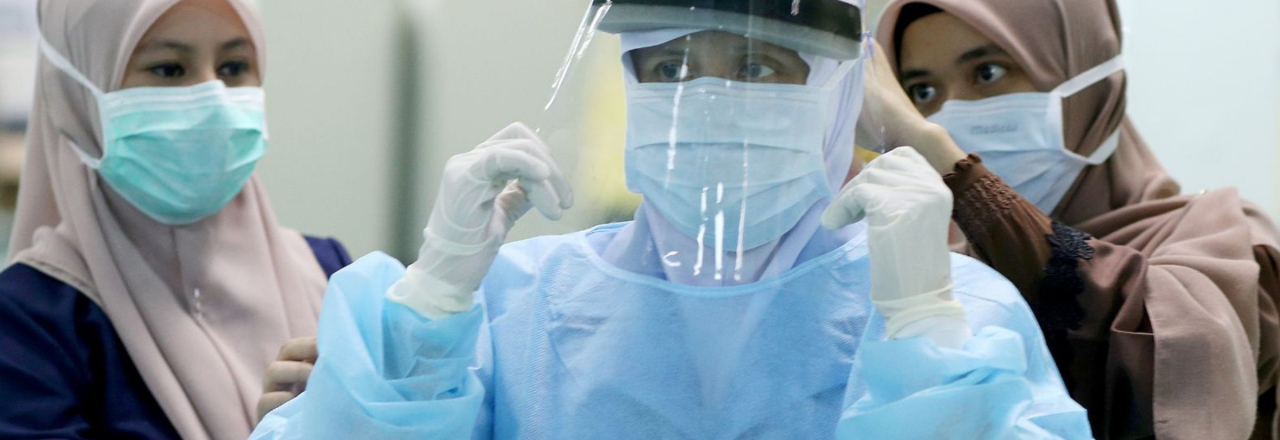


Abstract
The lockdowns and social distancing measures introduced in response to the emergence of COVID-19 have reduced economic activity and affected the demand and supply of labour worldwide. This policy paper assesses the impacts on workers’ job outcomes in Morocco and Tunisia from February 2020 to July 2021. Using data from ERF COVID-19 MENA Monitors, Shireen AlAzzawi and Vladimir Hlasny estimate the job transitions of vulnerable workers, including youths and women and confirm that the COVID-19 regime stringency negatively affected employment and labour participation of most groups of workers, particularly youths.
Those laid off amid COVID-19 come predominantly from those without formal employment pre-pandemic. Higher education and proximity to urban labour markets helped to mitigate workers’ vulnerability, empowering them to become or remain economically active and employed. In the first half of the year 2021, men’s employment prospects gradually improved, but women were largely kept out of the labour force. Youths appear to have trailed non-youths throughout the first two years of the pandemic. In short, youths and women were affected more adversely than non-youths and men at the height of the pandemic, exacerbating inequalities from pre-COVID-19 times. Starting socioeconomic status, as gauged by workers’ education and job type, continued to hold sway over workers’ fortunes.
Keywords: Employment vulnerability, informality, COVID-19, North Africa.


